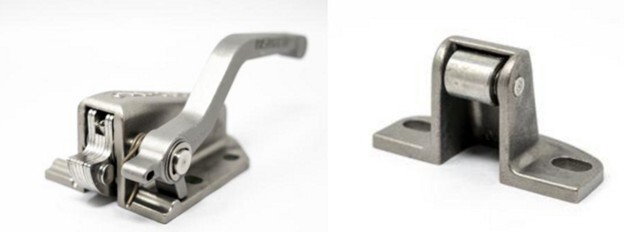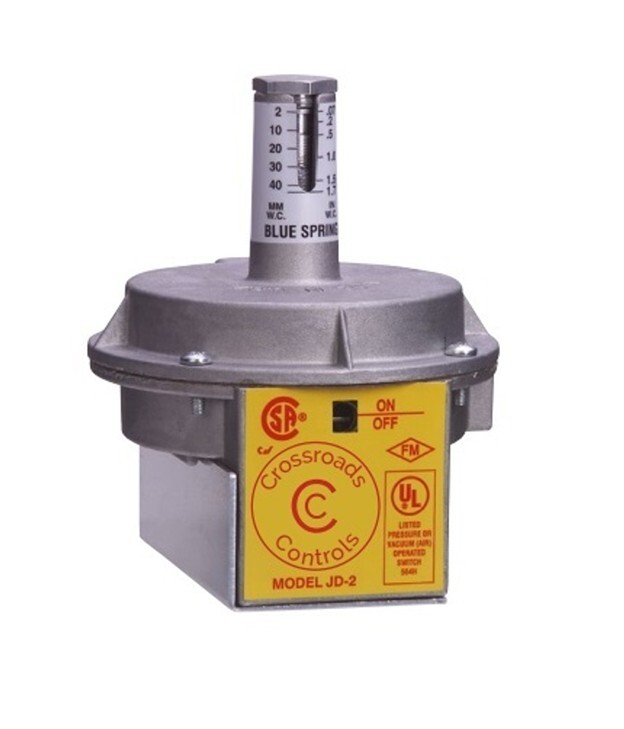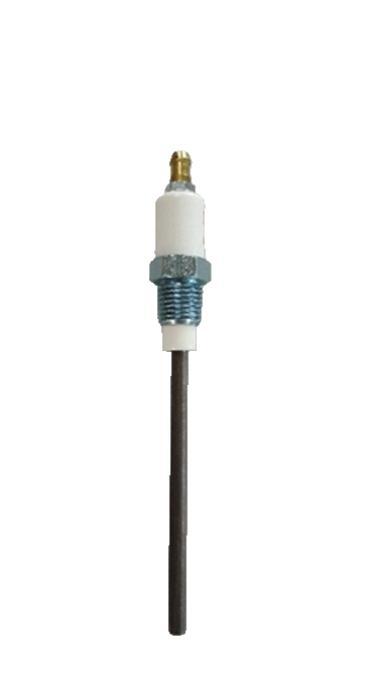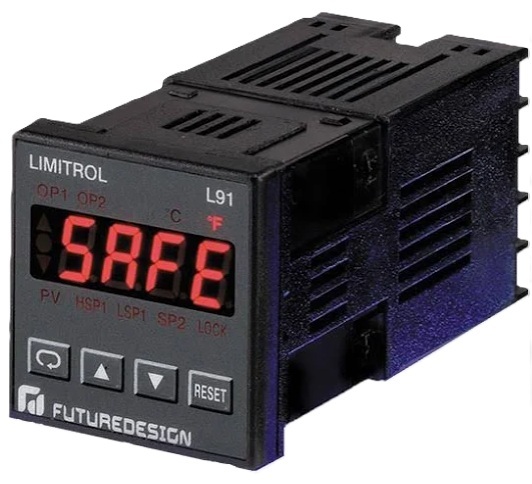When you think about what keeps your production moving, it's not just the big machines, it's the small parts that keep them running. In today's unpredictable supply chain climate, having critical spare parts in your inventory is more than a best practice. It’s a strategic advantage.
Whether you're running an industrial oven, washer, or other capital equipment, downtime is costly. If a single burner fails or a control switch malfunctions, you may find yourself facing delays that can last weeks. Here’s why keeping the right replacement parts on hand is more important than ever—and how Horizon helps make it easier.
Top 5 Most Frequently Purchased Spare Parts

Some parts are essential to daily operation—and naturally, they’re the ones our customers come back for again and again. Our top five selling spare parts include:
- Plug-n-play burners – avg. cost $1,000
- Airflow switches – avg. cost $50
- Spark igniters & flame rods – cost range $25–$500
- Oven door latches – cost range $80–$300
- Burner controls – avg. cost $700
These are the components that keep your heat, airflow, and ignition systems running properly. If any one of them fails, so does your production.
Lead Times: Longer Than You Think
It’s not always easy to find these parts when you need them. Even under normal circumstances, the lead time for made-to-order parts can stretch into weeks. Given the current supply chain challenges, these estimates can change without notice:
- Burners, fans, blowers – 6–8 weeks
- Conveyor belts – 10 weeks
- Insulation – 18 weeks
- Electric heating elements – 5–6 weeks
While many spare parts ship within 3–4 days, anything custom or large-volume can cause delays. Horizon stocks a fair number of our catalog sales in our own warehouse, but the rest may come from domestic suppliers.
Even if you think you have time to wait, unforeseen equipment failures have a way of turning a routine day into an emergency.
Why Online Sourcing Isn’t Always Reliable
Sure, it’s easy to Google a part number—but sourcing online can be risky:
- Misleading images and poor documentation often result in ordering the wrong part.
- Availability issues can lead to canceled orders or sudden lead time increases.
- Out-of-country warehouses from "domestic" vendors may expose you to hidden tariffs and shipping fees.
We’ve seen customers caught off guard by last-minute price hikes. To stay competitive, Horizon absorbs some of those increases—but long-term, the best defense is a good offense: plan ahead and stock what you need.
Spare Parts Are Getting More Expensive
Supply chain constraints and tariff negotiations are pushing prices up across the board. The parts seeing the biggest increases include:
biggest increases include:
- Aluminized steel
- Electrical components
- Enclosures and door hardware
- Burners and fans (with annual increases common)
If tariffs rise on imports from Mexico, Canada, or China, expect to see prices climb even higher. When replacement parts are both expensive and delayed, having them on-site is a simple way to avoid headaches.
What Parts Should You Always Keep in Inventory?
We often get asked, “Which parts should I always keep on hand?” Here's our go-to list for preparedness:
For Oven Owners:
- Gas train components
- Air pressure switch
- Gas valves
- Modutrol motors
- Ignitors, flame rods, thermocouples, ignition transformers
For Washer Owners:
- Temperature controllers
- Thermocouples
- Liquid level controllers
- Burner unit
- UV sensor
These parts are common points of failure, and when they go, production halts. Keeping spares can turn a 6-week wait into a 1-hour fix.
Understanding Spare Part Lifespans
Not all parts fail at the same rate. Here's a quick guide to expected replacement cycles:
- Burners – 3–5 years
- Spark ignitors – 5–10 years
- Airflow switches – 2 years
- Latches – Lifetime
Knowing your equipment's usage patterns can help you plan replacements before failure ever becomes a risk.
How Horizon Makes Spare Parts Easy
We’re more than just a parts supplier—we’re your support team. Here’s how we make it easier to manage your spares:
- QR code lookup: Scan your OEM equipment’s QR code or search by serial number to find the right parts—fast.
- OEM and aftermarket options: Choose between brand-name and compatible parts depending on urgency and budget.
- No refurbished parts: We only sell new, quality-verified components.
- Warranty coverage: 1-year manufacturer warranty starts from the date it ships to you—not when it enters our inventory.
- Support you can trust: We’ll guide you on any product we sell. If we didn’t supply it, we’ll point you in the right direction.
Final Thoughts: Spare Parts Are a Strategic Investment
Your equipment is only as reliable as the smallest part in the system. With lead times growing, prices rising, and global sourcing getting more complicated, keeping key spare parts in stock is one of the smartest things your team can do.
Don’t wait until a breakdown to start looking. Let us help you build a back-up inventory for your equipment!


